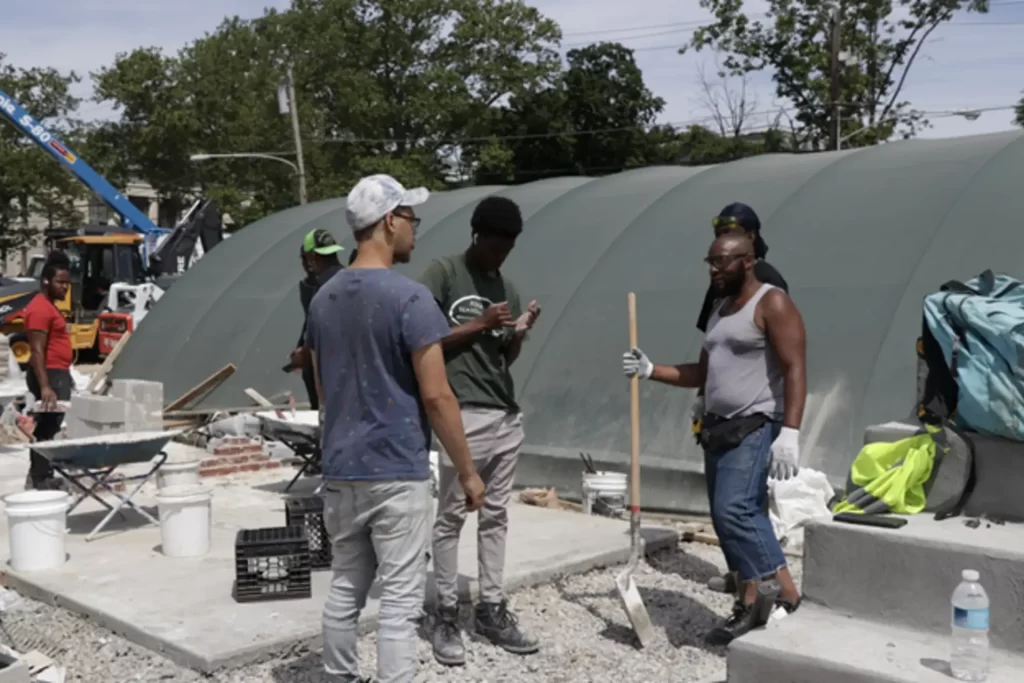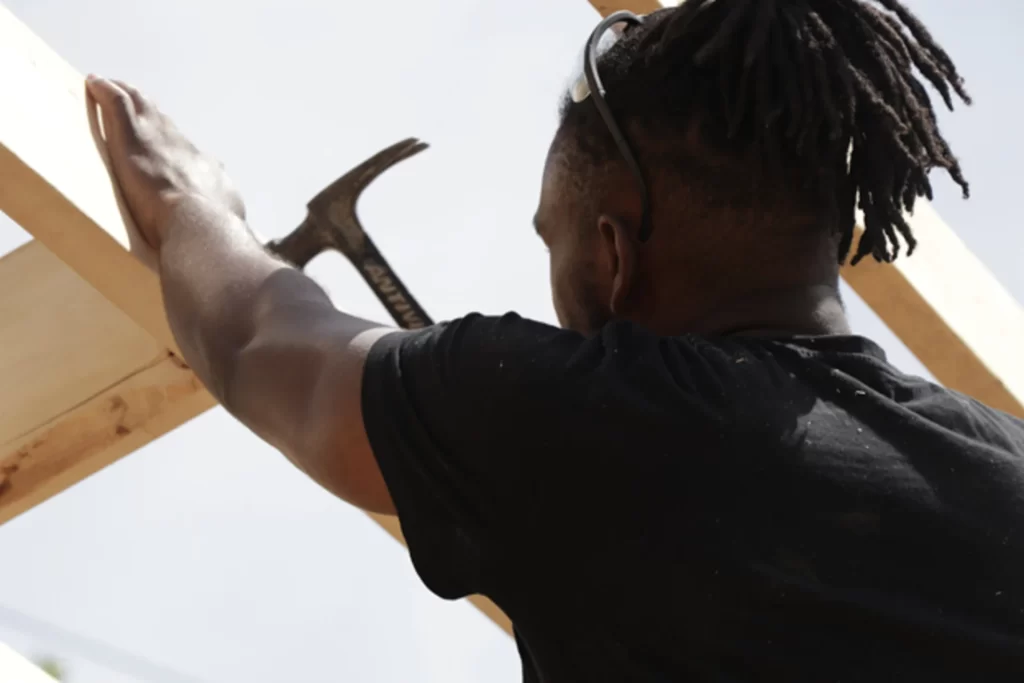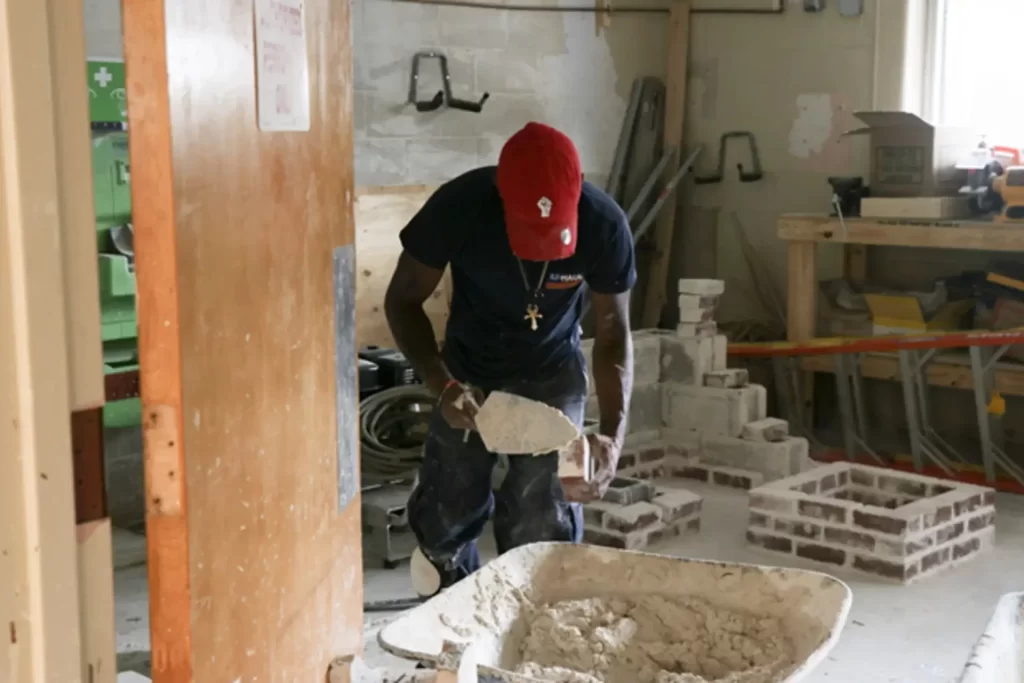Concrete technician courses teach students the proper mixture and pouring techniques for concrete when building structures such as roads, bridges, and dams. They ensure all ingredients are properly measured and added to the mix at the appropriate times. They also test concrete samples at various stages to ensure they comply with requirements.
Concrete technician courses give their students a solid understanding of physics and chemistry. They must understand the interactions between various substances and how these interactions change over time. Construction programs teach students to solve concrete problems early.
Construction training makes students eligible to sustain themselves in the construction industry. Concrete specialists are responsible for various tasks, such as

The level of education and experience, the size of the business, and the location all impact the earnings of concrete technicians. They might also receive overtime pay as additional remuneration. Certified concrete technicians earn an average salary of $65,000 annually, with key job skills including concrete mixing, surface finishing, and quality testing, while construction workers typically earn around $48,000 per year depending on experience, certifications, and location.
A Certified Technician in Concrete Technician can make $65,472 on average per year ($31.48/hour). Over the next ten years, the average salary of concrete technicians is anticipated to increase.
The requirement to fix and maintain roads, bridges, and other structures will demand concrete technicians. Additionally, the building of new buildings and other structures will continue to be a source of demand for these individuals. The salary of concrete technicians is expected to increase in the upcoming years.
To succeed, concrete technicians require the following abilities:

You need technical skills to operate and maintain various types of machinery. Construction Training programs focus on concrete production apparatus, including pumps and mixing equipment, which are operated by personnel with technical expertise.
Concrete technicians interact daily with clients, engineers, and other technicians. They communicate technical information to clients and the construction process to engineers, utilising their communication skills. Additionally, they answer inquiries from other technicians and describe the concrete process to engineers, utilising their communication skills.
Concrete technician courses include problem-solving skills to identify and address issues. They employ their problem-solving abilities to pinpoint the root of the concrete that doesn’t adhere to the necessary standards and develop solutions.
Concrete specialists must pay close attention to every detail to ensure they mix and install concrete in accordance with the correct processes. They can spot any problems with the concrete before it hardens if they pay attention to detail.
Concrete technicians frequently collaborate with other construction industry members in teams. They could collaborate with concrete finishers, masons, and other professionals to ensure the quality of both the cement work and the overall building project.
The following credentials are generally required for a concrete technician:
Education: A high school diploma or GED is often necessary for concrete technicians. Many businesses prefer a two-year associate’s degree in a concrete technician course. Some concrete technicians decide to complete a four-year bachelor’s degree in civil engineering or construction management.
Training & Experience: Concrete technicians are primarily trained through formal education, which includes internships and cooperative programs. To master the specific practices and procedures of their business, some concrete specialists also participate in construction training programs.
Certificates and licenses: Although not typically necessary for a concrete technician, certifications and licenses can help job seekers secure employment and enhance their employability.

There are several benefits to working as a concrete technician. You’ll get to work on various projects, discover new technology, and interact with fresh faces. As structures like highways, bridges, and buildings take shape, you’ll also see your creations come to life.
You’ll need a solid background in math and science to work as a concrete technician. Additionally, you should be able to read and comprehend blueprints. Also, strong communication abilities can help you work effectively with project managers and other professionals.
The construction industry is proliferating. Concrete technicians are in high demand. This can be a good career choice for students fresh out of high school. At PTTI, an elaborate concrete technician course trains students to become successful concrete technicians.
Read More: